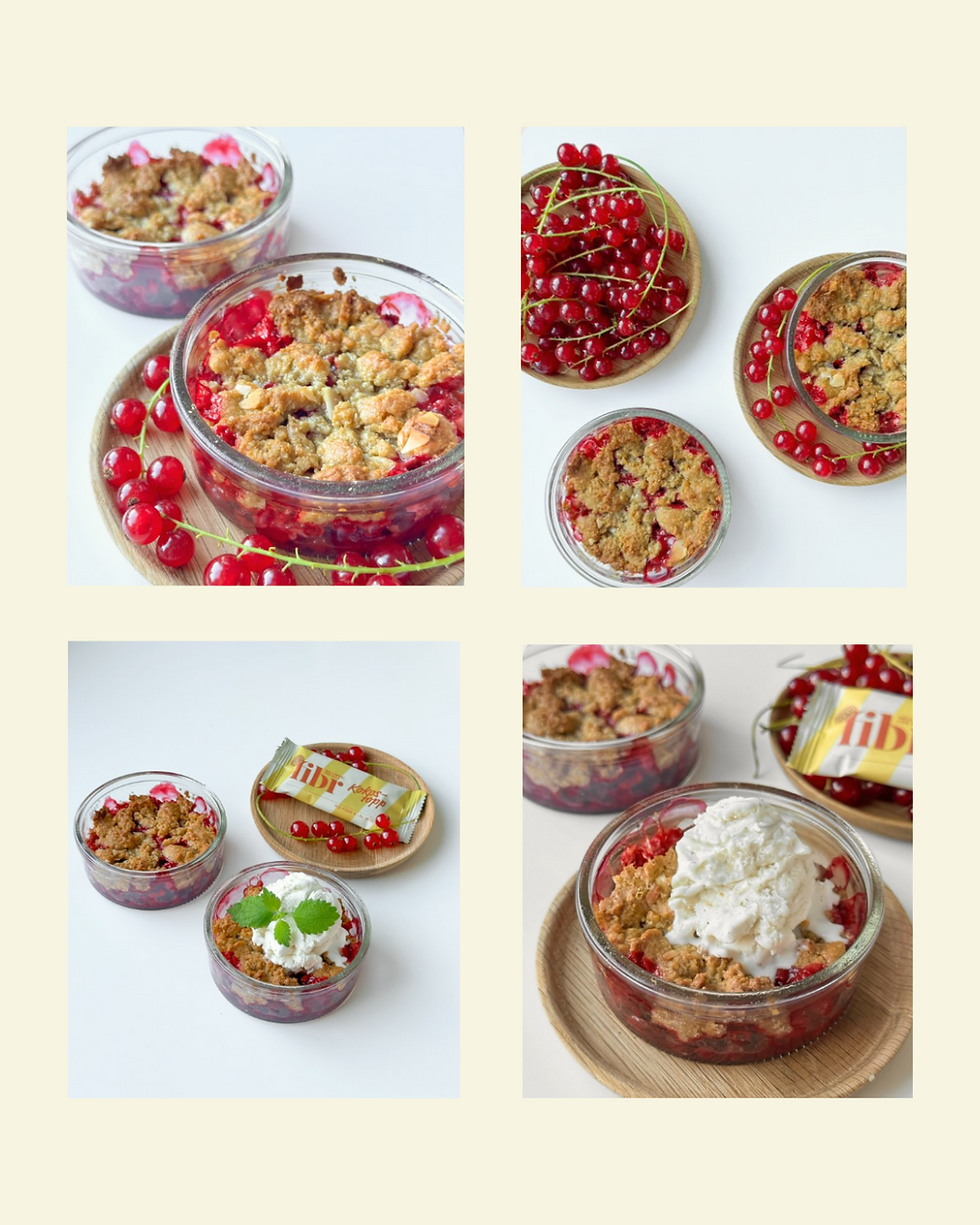The nutrient you didn't know you were missing. What is Choline good for?
- Jul 16, 2025
- 3 min read
Have you heard of Choline? If not, you are one of many. Choline is an essential nutrient that we need to get through the food we eat. For such a fundamental nutrient for the body, we know surprisingly little about Choline. Perhaps it is because the body can produce a small amount of its own choline that knowledge about choline's role in the diet has not had such a big impact.
What is Choline good for?
Choline is a component of the body's cell membranes and is involved in the function of the nervous system through the synthesis of the neurotransmitter acetylcholine. During pregnancy and breastfeeding, the need for Choline increases.
Choline is necessary for transporting fat away from the liver, and a lack of Choline can cause fatty liver. Non-alcoholic fatty liver disease is currently estimated to occur in as many as 25% of the European population. Could there be a connection?
Recent studies have shown a connection between Choline deficiency and Alzheimer's disease.
What does the National Food Agency say?
From an official perspective, the approach to Choline can be described as cautious. In 1998, a recommended adequate intake of Choline was introduced in the USA. It was not until 18 years later, in 2016, that the European EFSA followed suit.
How much Choline should you eat per day?
Adequate intake for healthy adults is set by EFSA at 400 mg/day. Choline is essential for fetal and infant development, and adequate intake is recommended at 480 mg/day for pregnant women and 520 mg/day for breastfeeding women. The so-called recommended daily intake (RDI) is not as clear, and it requires stronger evidence, which is currently lacking.
What foods contain Choline?
Most Choline per serving is found in animal products, but it is also found in plant-based foods. There is no Nordic data on Choline content in foods; however, in the US, a database lists the top 10 in descending order as follows: eggs, wheat germ, salmon, beef, chicken, sunflower seeds, hazelnuts, cauliflower, kidney beans, and tofu. So, how much choline does an egg contain? With its 230mg/100g, an egg contains 8 times as much iron as tofu, which ranks tenth. Specifically, it is the egg yolk that is particularly rich in choline.

Eggs are the food that contains the most choline per 100g.
Are we getting too little Choline?
We know little about how much Choline we actually get. This is made more difficult by the fact that we currently lack a reliable measure of Choline deficiency or other markers of choline intake. In a recently published Norwegian thesis, the average intake is estimated to be between 260 and 287 mg/day, which is a good bit below the recommended adequate intake.
The optimist says: The potential is enormous! What if we could reduce the incidence of fatty liver and maybe even Alzheimer's by eating more Choline? The pessimist says: The first intervention study on humans was done in 1991, then it took 7 years before the US said anything, another 18 years before the EU said anything and now, 32 years later, Nordic authorities are (maybe) saying something. Could it even go slower?
What do you say?



Comments